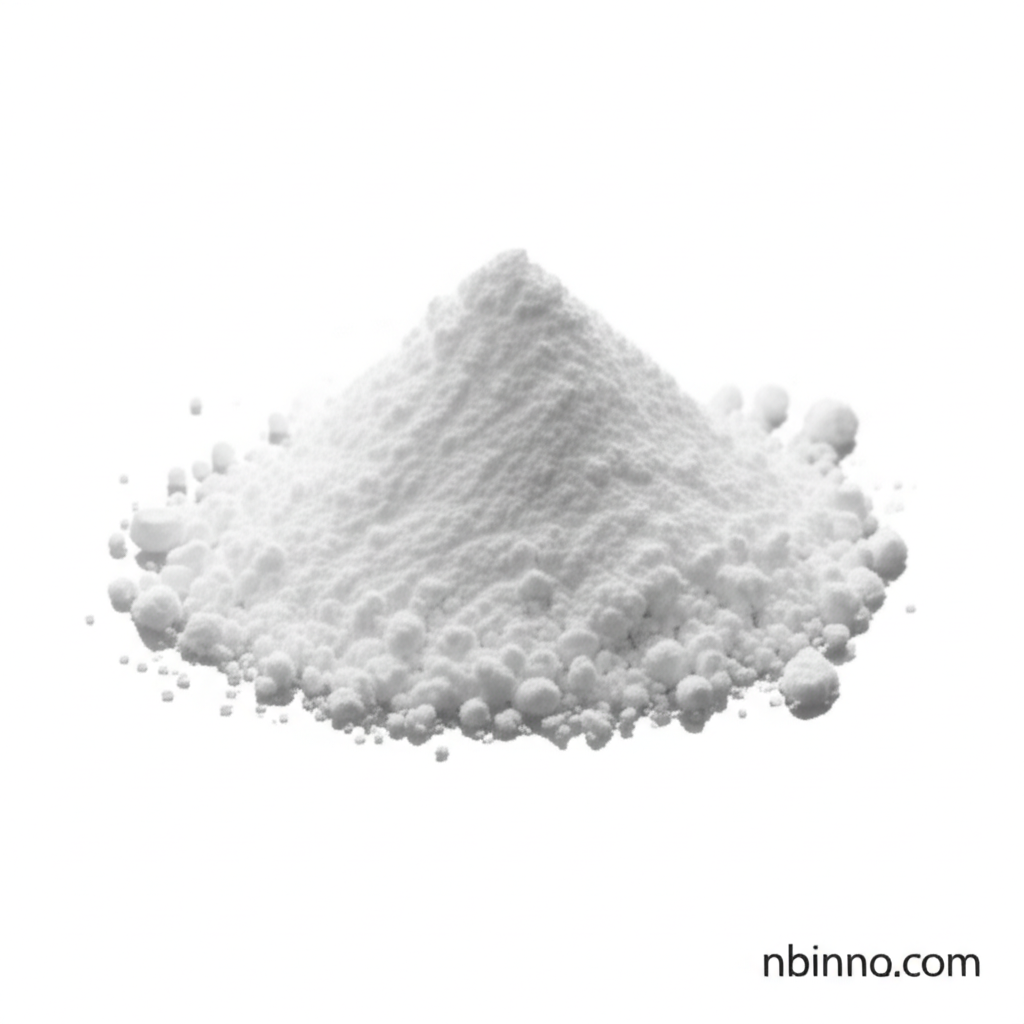Ytterbium(III) Chloride: A Versatile Metal Catalyst for Chemical Synthesis and Research Applications
Discover the multifaceted applications of Ytterbium(III) Chloride in catalysis, biological studies, and material science.
Get a Quote & SampleProduct Core Value

Ytterbium(III) Chloride
Ytterbium(III) chloride is a significant inorganic compound renowned for its catalytic capabilities and utility in advanced research. Its paramagnetic Lewis acid properties and unique ytterbium(III) ion configuration enable its application in diverse chemical processes and analytical techniques, making it an indispensable reagent for chemists and material scientists.
- As a key Ytterbium(III) Chloride catalyst, it demonstrates high efficiency in the reductive dehalogenation of aryl halides, a crucial process for organic synthesis.
- Utilized as an NMR shift reagent, Ytterbium(III) Chloride facilitates detailed studies in membrane biology and other biochemical pathways.
- The compound plays a role in tracking digestion processes in animals, offering insights into biological functions.
- Its robust nature makes it suitable for use in optical glasses, structural ceramics, electrical components, and photo-optical materials, showcasing its material versatility.
Advantages Provided by the Product
Enhanced Catalytic Activity
Leverage the potent catalytic activity of Ytterbium(III) Chloride for reactions like reductive dehalogenation, improving yields and reaction rates.
Advanced Analytical Tool
Employ Ytterbium(III) Chloride as an NMR shift reagent to gain deeper insights into complex molecular structures in biological and chemical research.
Material Science Innovation
Incorporate Ytterbium(III) Chloride into optical glasses and ceramics for enhanced performance and novel material properties.
Key Applications
Chemical Synthesis
Serve as an effective catalyst for reactions such as acetal formation and reductive dehalogenation, vital for producing high-value chemicals.
Biological Research
Act as an NMR shift reagent and tracer in biological systems, aiding in the understanding of physiological processes.
Materials Science
Be integral in the development of advanced optical glasses, structural ceramics, and other specialized materials requiring rare earth elements.
Laboratory Reagent
Provide a reliable and versatile reagent for a wide array of laboratory experiments and analytical procedures.
